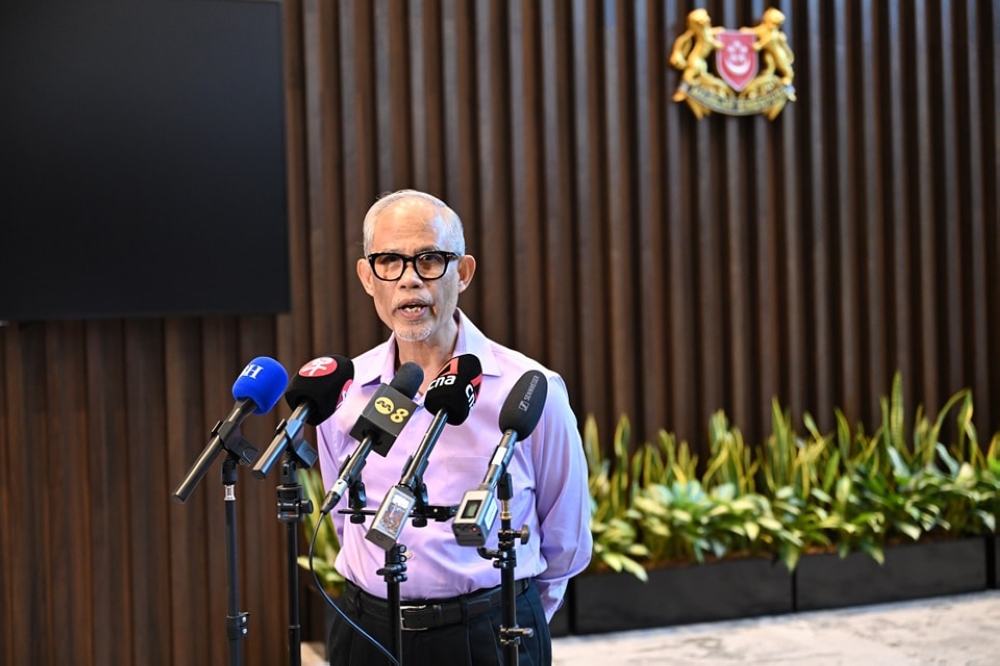Divisive Politics Beware: Singapore's Muslim Leader Warns Against Weaponizing Race and Faith

In a powerful statement addressing national unity, Minister-in-charge of Muslim Affairs Masagos Zulkifli emphasized the critical importance of preventing racial and religious divisions from undermining Singapore's social fabric. Speaking with conviction, he stressed that the nation must remain vigilant against forces that could potentially fracture its delicate multicultural harmony.
Zulkifli's remarks underscore Singapore's long-standing commitment to maintaining mutual respect and understanding among its diverse communities. By proactively addressing potential sources of tension, the government continues to reinforce the principles of racial and religious tolerance that have been fundamental to the country's success.
The minister's message serves as a timely reminder of the need for ongoing dialogue, empathy, and mutual understanding in a complex, multiethnic society. His words reflect Singapore's unwavering dedication to preserving social cohesion and preventing any ideological wedges that might threaten the nation's unity.
